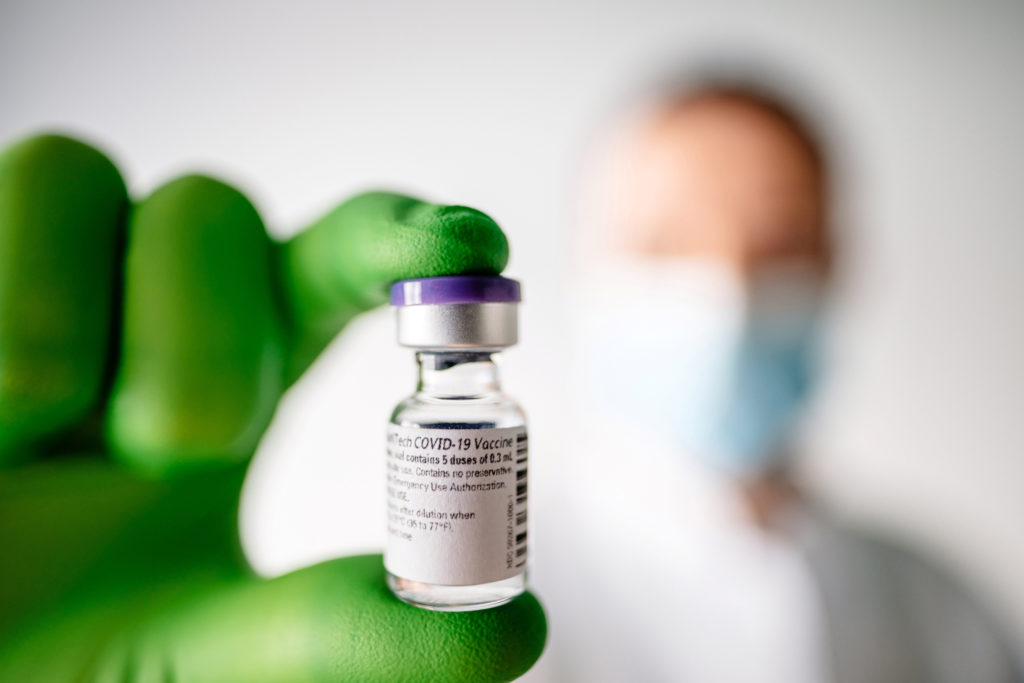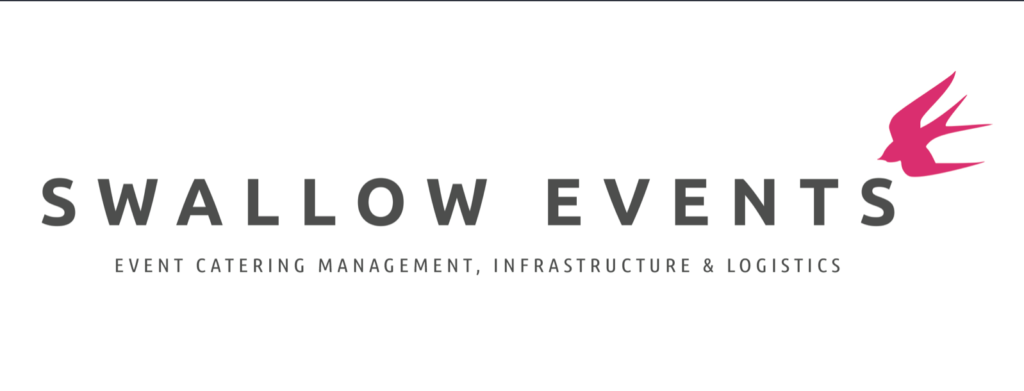Rapid testing: The bridge between lockdowns and vaccinations

A few months ago, it looked like rapid testing was about to explode onto the European nightlife and events scene – an additional and reassuring layer of defence which would push the industry decisively further down the path to reopening. Encouraged by the increased accuracy and affordability of the rapid antigen tests, which can turn around results of 99.68% accuracy in just fifteen minutes, op-ed articles proliferated on how this testing system could be used to simultaneously fight the virus through increased testing rates, whilst offering nightlife and events operators a chance at conducting their business safely, and dancefloor-starved punters a chance to party legally.
Plans were laid. The Dutch government was collaborating with festival organisers, using their expertise in crowd and event management to establish rapid testing ‘streets’ in several cities across the Netherlands, and planning for a series of trial concerts to explore the efficacy of a variety of safety measures, rapid testing among them. In Barcelona, the Apolo theatre was due to host its first large scale concert, partnering with local hospital Can Ruti to use a rapid testing strategy to enable a thousand people to gather for music for the first time in months.
In Berlin, the ever proactive nightlife advocacy body, Berlin Clubcommission, had created a detailed plan to use nightclub workers alongside several hundred volunteer medical professionals to set up and run rapid testing stations out of Berlin’s now empty club and cultural spaces. At first, to simply increase testing rates, and later with a view to reopening these spaces for their intended purpose.
As many are painfully aware, the momentum that was building came to a crashing halt as the virulent second waves sent Covid-19 case numbers skyrocketing across the northern hemisphere, with heightened restrictions and lockdowns soon following.
The rapid testing trials were cancelled, but that doesn’t mean the conversation or the preparation should be.
Rapid testing is the transition strategy the nightlife and events industries need to survive the inevitable lag between lifted lockdowns and a sufficiently vaccinated population. Stakeholders cannot afford to wait for the government to act on their behalf – and must instead use their expertise and available resources to show the way forward.

Recent news about the Pfizer vaccine approval and roll out is, of course, very encouraging. But it would be both naive and neglectful for it to be used as an excuse to stop the essential problem-solving process that the world’s nightlife and events industries have been engaged in all year, trying to find ways to open responsibly and financially viably whilst Covid-19 is still very much at large. No matter where you are in the world, these industries are in immediate peril, and cannot afford to simply wait until an entire population is vaccinated to reopen.
“In October, Clubcommission established a detailed plan for rapid testing stations,” says Clubcommission spokesperson and VibeLab partner Lutz Leichsenring, “so that night culture could make a significant contribution to curb the spread of infections in the young target group and relieve the burden on health authorities. Now the testing events are on hold, but that doesn’t mean we shouldn’t keep planning for them – there is much more work to do to make sure we can hit the ground running safely and efficiently as soon as restrictions allow it.”
UK event management and logistics company, Swallow Events, understands there is no time to waste. Last month the company announced that its rapid testing screening service facility is ready for hire for events in the UK and beyond. Partnering with heavyweight pharmaceutical company Roche, and in constant discussion with a leading healthcare consultancy which also advises the UK government and local authorities, Swallow Events is the first private company to make serious moves on the service which could make all the difference in reopening nightlife events.
“It is absolutely huge what can be achieved here,” says Swallow Events partner Grego O’Halloran. “Yes, most of Western Europe is under severe lockdown restrictions, but this won’t always be the case. Going forward we believe the ability to rapid test will determine the extent to which events can return and on what scale.”

O’Halloran and Swallow Events’ founder Oli Thomas realised months ago that legislation was trailing well behind developments in pharmaceutical technology, restricting the industry’s opportunities for recovery. The pair decided to do something about the lag. “I’m shocked at just how much we’ve been forgotten about,” says Thomas. “When an industry makes enough noise our government responds – but it’s a reactionary and not a proactive process.”
“As history tells us, the events industry is often at the back of the list when it comes to priorities,” O’Halloran adds. “So this movement has to work very much from the ground up, with promoters and venues adopting testing to show local authorities and licensing bodies that their events are safe and influencing legislation change in that way.”
This sentiment is very much shared by the Berlin Clubcomission, which is well practiced at designing its own survival strategies. “We know by now that we need a bottom-up approach when it comes to nightlife – we cannot wait for the government to act. It’s up to the industry to come up with its own solutions, manage all the details and push the nightlife agenda with government.”
Though the current situation with the pandemic is extremely precarious, bodies like Berlin Clubcommission argue these trials will help not harm the community, even as cases rise.
“Of course we are hoping for rapid testing to enable reopening of the nightlife industry sooner,” says Leichsenring, “but that’s the long game. For now we are simply trying to become part of the solution through increased testing rates.” Unfortunately, Germany’s restrictions still prevent the Clubcommission from putting their plans into action.

One government, however, has recently approved rapid testing plans in order to get festivals running again. Last week, Swallow Events announced a partnership with Albania’s UNUM festival, which now has approval from the Albanian government to use rapid testing to go ahead in June 2021, with festival goers able to experience the event in a normal manner provided they test negative before entry. Although Singaporean government has been trialling the use of rapid testing for large scale business events throughout November, Albania is the first country in the world to approve rapid testing for social and cultural events. It’s an encouraging example of the industry pushing progress on legislation, and hopefully the first of many in the coming months.
Indeed The Netherlands is hot on its heels. Despite the cancellation of November’s events, plans are now back in motion for large-scale concert trials in January, under the name Back To Live. A new platform has been formed for the purpose: Fieldlab Events is a combination of event organisers working in collaboration with the government, scientists and other interest groups to bring about the safe return of events by spring of 2021, with rapid testing at the forefront of their safety measures. These trials are still dependent on falling case numbers in the coming months, however.
It makes sense for cities to adapt their rapid testing plans depending on the current severity of the outbreak. In Sydney for example, where cases are low to non-existent, rapid testing could enable clubs and dance events to function in an almost normal way, making them far more financially viable than the Covid-cautious opportunities currently available, which still involve strictly limited dance floor numbers and do not make it financially beneficial for clubs or music festivals to reopen.
At the other end of the scale, in parts of Western Europe or America, where the pandemic remains uncontrolled, rapid testing can be a way for event operators to use their skills to increase testing numbers, and begin practicing for a system which can eventually reopen the industry once restrictions allow.

In either case, it’s important that the testing process becomes normalised – in the events industry, and beyond. Testing should not be a difficult process, nor should it be feared. In most parts of the world, complete eradication of the virus is next to impossible, so learning to live with systems like this, which increase public safety whilst still allowing a sense of normal life to continue, is crucial. It must also be acceptable to acknowledge that there will always be a small element of risk in attending a large scale event whilst the virus is circulating, even at a low level. But that, with the strong safety net rapid testing can provide, it is a calculated and acceptably small risk – like so many others we take in the course of our lives.
Rapid testing is not a perfect tool – but it is a powerful one, ready to be used in conjunction with other safety measures and adjusted to the context of the moment. It’s up to the industry to push the agenda, do the leg work, and approach governments with a plan of action ready to go.
Although a vaccine is on the horizon, this won’t be an overnight solution,” Swallow Events’ Oli Thomas reasons. “I see testing as having a long term future for events and gatherings of all sizes.”
“Our aim is simple,” says Grego O’Halloran. “To give the events industry the best chance of getting back on its feet, as soon as possible.”
Culture is not a tap, which can be switched on and off at will. Every month that goes by without nightlife, festivals and concerts – the industry and the culture that invigorates it is weakened, sometimes irreversibly. Money and hope runs out, businesses fold, talents find other outlets, and – perhaps most corrosively – habits change. Rapid testing is the best chance the industry has to survive the time between lockdowns and vaccinations. We can’t afford to ignore it.
Our Features section publishes original content created by nighttime.org associates, going deeper into global COVID-19 response strategies and scene perspectives by drawing on our international network of night mayors, nightlife advocates and industry stakeholders for comment.
If you would like to contribute, contact hello@vibe-lab.org with your pitch.
